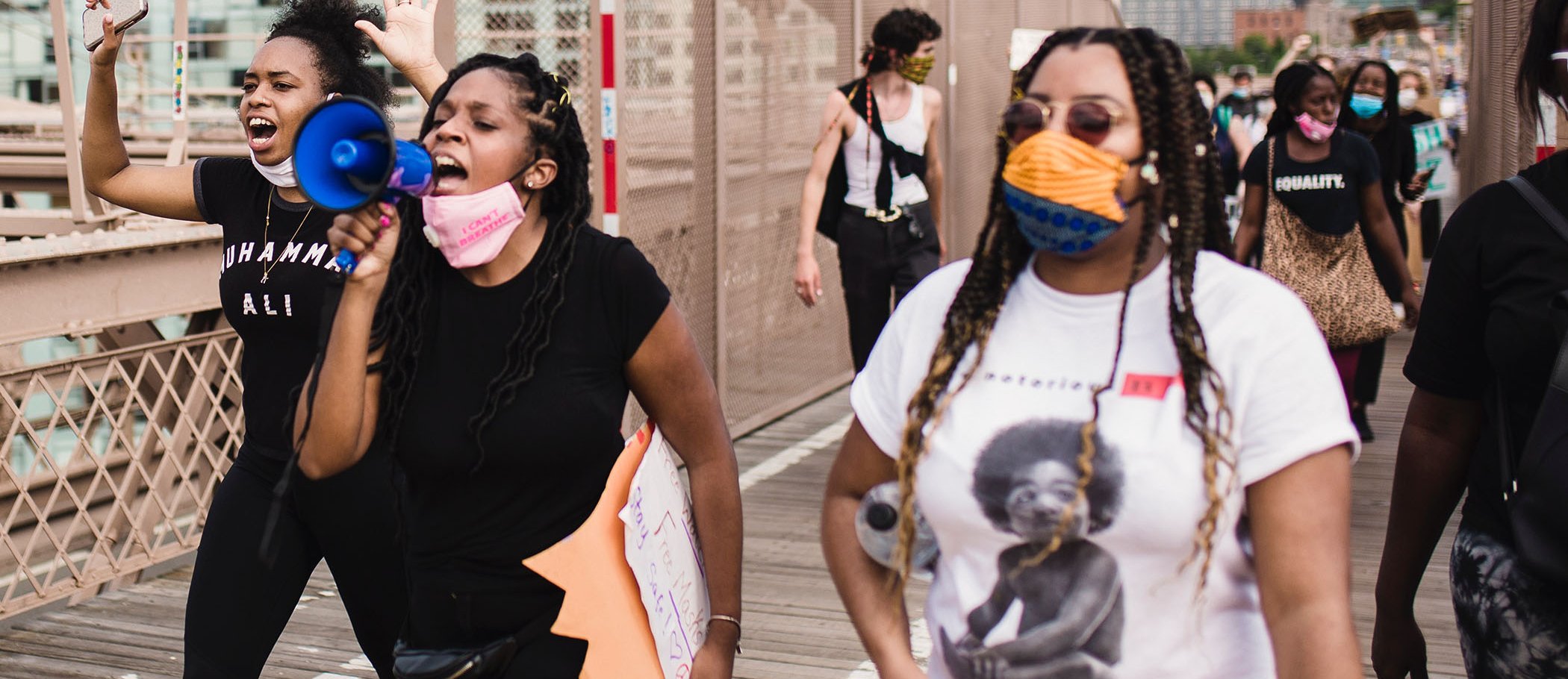Millennials and political engagement
Subject: Multidisciplinary
The UOC Library presents four dossiers on the relationship between young people and politics as part of the MOOC entitled “Youth and online political participation”.
During the course of their lifetime they have seen floppy disks and Betamax tapes come and go, even perhaps remembering the days of rewinding cassette tapes with a pen, and now, in contrast, they are quite at home with the cloud, Blu-ray and Spotify. We are talking about millennials (also known as Generation Y), young Europeans born during the technological boom in the 1980s and 1990s (or early 2000s).
How politically engaged is this generation? The MOOC course “Youth and online political participation” (which runs from 18 June to 16 July) will look at the forms of millennial political participation within the digital environment.
The UOC Library has produced four new dossiers compiling a collection of resources corresponding to each of the four key points covered in this MOOC:
- Who are the millennials? Digital natives, with high levels of education, content creators, or prosumers, that shun the confines of the past, the product of their parents (Generation X). Millennial profile outline.
- Are they politically disenchanted? Review a selection of surveys and in-depth studies that indicate a decrease in the levels of political participation among young people. The data is complemented by a variety of expert opinions on how millennials conceive politics and on the role of universities and governing bodies. Other authors, in contrast, predict that the political future will, in fact, be determined by the millennials’ younger siblings (Generation Z).
- Technopolitics. What changes have ICTs generated in relation to young people and the electoral process?
- The use of social media in politics. According to Eurostat data, 18% of young people actively engage in political discussions on social media. How are they used? Is the level of political engagement the same via online channels?
- Political karaoke. In addition to social media channels, millennials also use other platforms like Politaoke, where users interpret and share political speeches. So, what exactly is technopolitics? Is digital democracy a reality?
- Opportunities and challenges. Do politicians capitalize on the potential of ICTs to engage young people as key participants in public debate? Review various case studies, such as the 2012 Facebook campaigns for Barack Obama and Mitt Romney. However, despite the potential for ICT use in politics, the digital divide can generate a gap in terms of access to new political participation spaces. Review content and projects related to this phenomenon.
- Modes of online political participation. Review information concerning public policy aimed at increasing and encouraging citizen participation, in many cases, through the use of ICTs, with the inclusion of a number of examples of e-participation initiatives, such as two studies on the use of multiplayer games.


